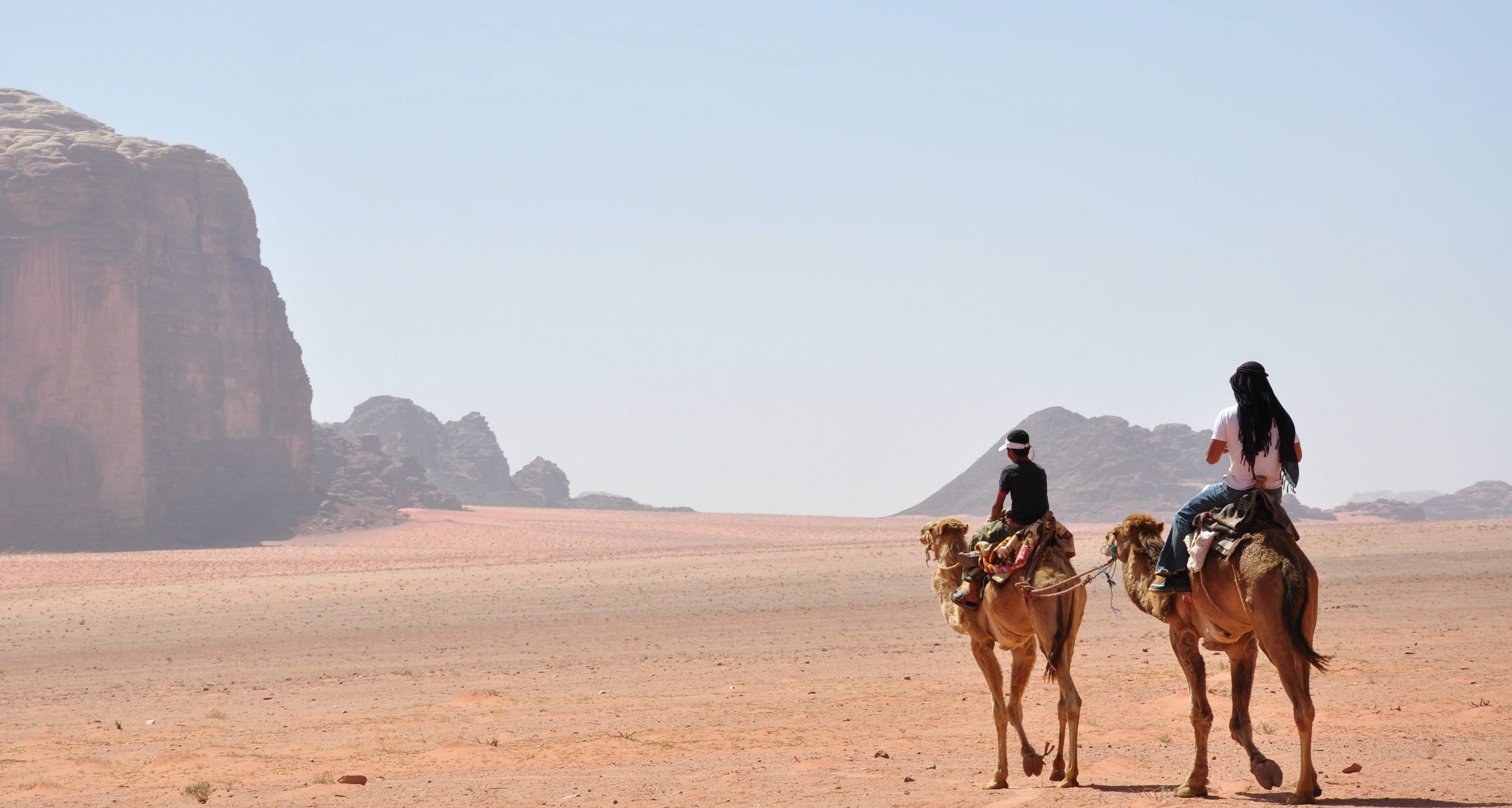Have you ever thought about the local sayings that your country uses on a daily basis? They may sound completely normal to you, but use them in another part of the world and you may get some strange looks, and perhaps even offend others.
For example, an American saying, “spill the beans” could potentially be taken literally by a Brit, thinking they actually spilled beans on the floor (the American saying means to tell a secret.)
What is the history behind these local sayings? What are the contexts these expressions are used in? We decided to take a closer look at 15 funny and witty local sayings from around the world:
1. “To pace around hot porridge like a cat”
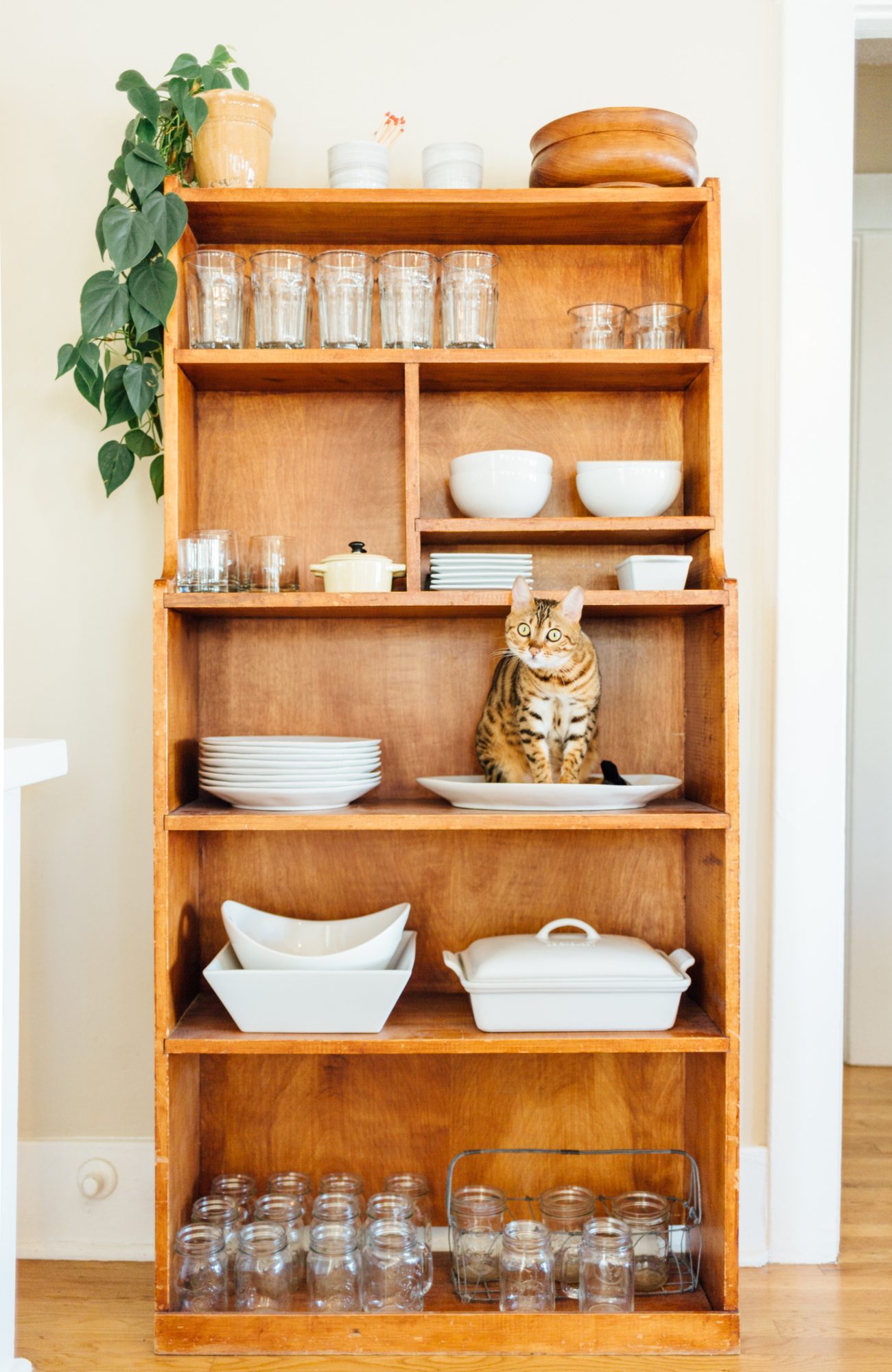
Country: Finland and Sweden
Meaning: Someone is not being direct, they are not saying what they want to say
History: Unclear. Both Finland and Sweden are quite vocal about any issues they have in public but prefer to be less open in their private lives.
2. “Not my circus, not my monkey”

Country: Poland
Meaning: The issue at hand is not my problem
Context: A friend comes to you with an idea and you warn them not to go ahead with the idea. They don’t listen to your advice and continue anyway. They then want help cleaning up the mess they made, but you tell them, “not my circus, not my monkey.”
3. “A hungry stomach has no ears”

Country: France
Meaning: When someone is hungry, there is no point talking with them because they won’t listen
History: The saying was made popular by the famous French poet, Jean de La Fontaine. This saying has been translated and is now used in various English-speaking countries as well.
4. “The devil always takes back his gifts”
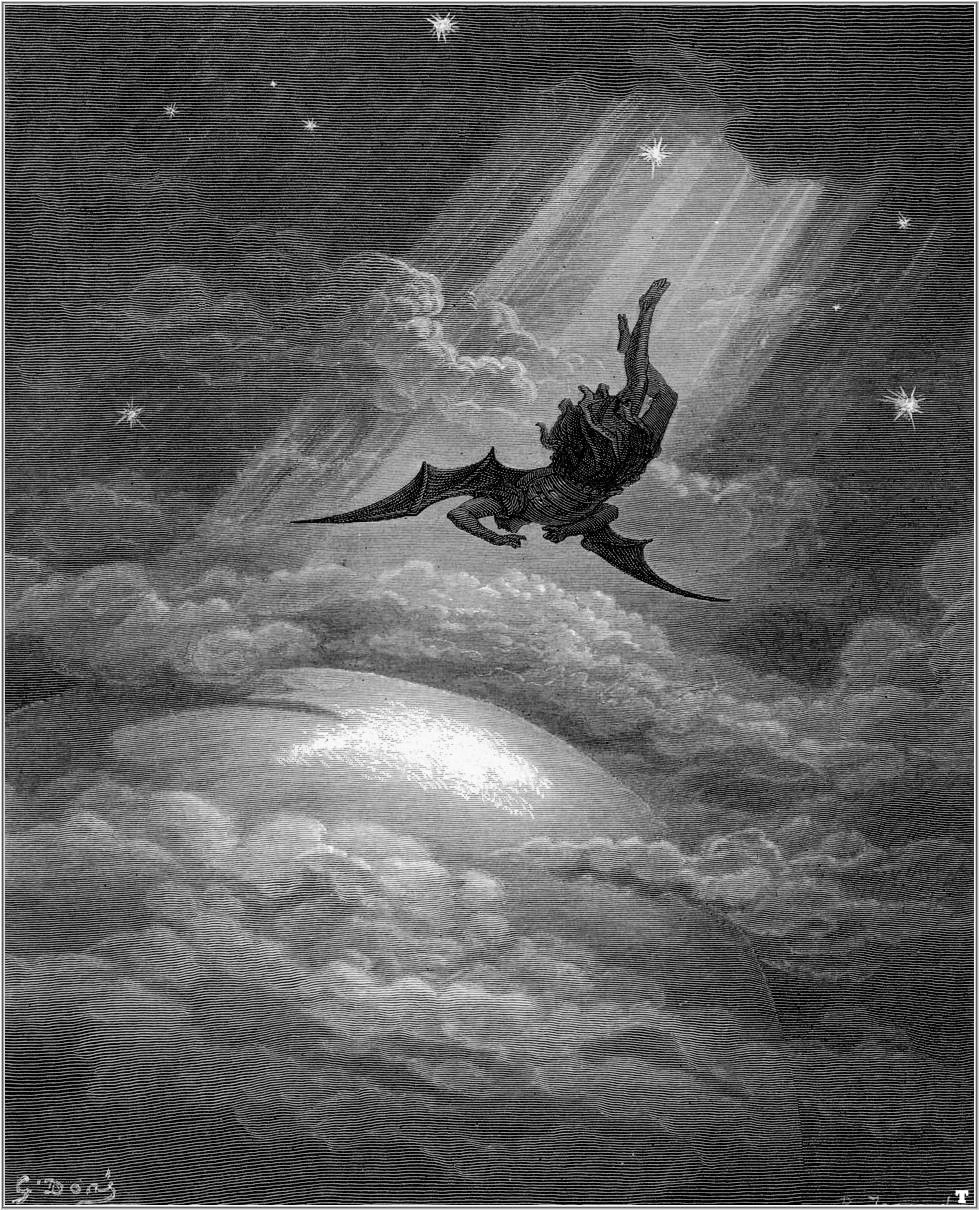
Country: Ukraine
Meaning: Enjoy the moment, nothing lasts forever
History: The saying was often said on St. Nicholas Day, which used to be celebrated over Christmas in Ukraine. The day was made for gift giving and the saying was told to many children to help them feel grateful for the gifts they received.
5. “To have a stick in your ear”
View this post on Instagram
Country: Denmark
Meaning: To not listen to someone
History: The expression is popular in Denmark and used to be popular around the 1970’s in English. It is now considered rude to say to someone in English.
6. “To ride as a hare”


Country: Russia
Meaning: To travel for free without buying a ticket
History: Russia is a massive country and train travel has always been a cheap way to travel from one end to the other. The saying came about from paying passengers noticing that those who did not pay their fare would shake uncontrollably like a hare whenever a ticket inspector would come into the train cars.
7. “Take ears to the field, take eyes to the farm”
View this post on Instagram
Country: Thailand
Meaning: Don’t pay attention to what is happening
Context: The Thai have come up with clever local sayings for almost any situation, and this is no different. The saying means to try not paying attention to what is happening around you, even though it is almost impossible not to. A saying within a saying.
8. “To push something with your belly”
View this post on Instagram
Country: Portugal
Meaning: To ignore a responsibility, a priority
Context: The more you eat, the sleepier you get, and the more likely you are to ignore something you have to do.
9. “Willing to borrow a cat’s paw”
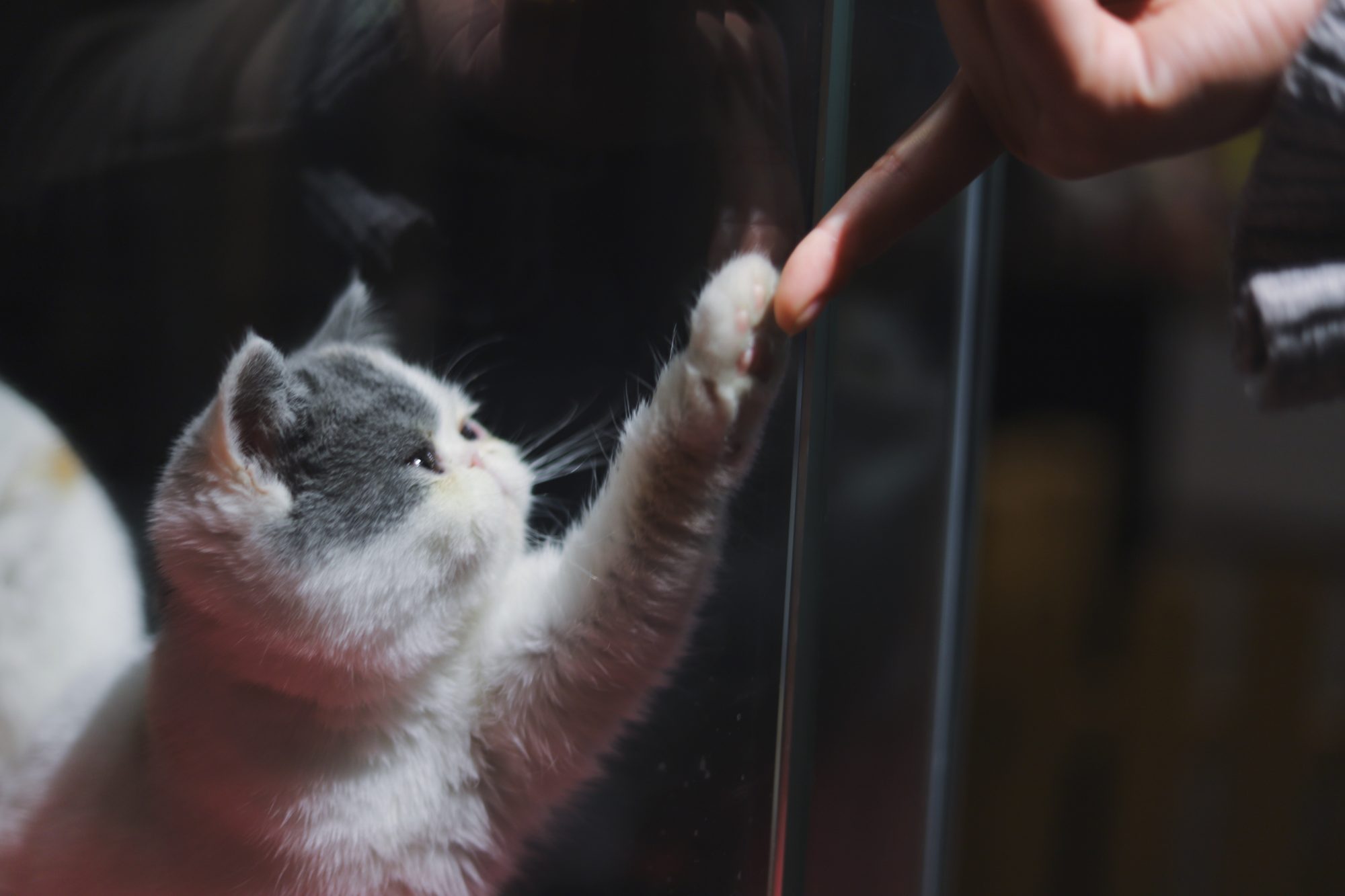

Country: Japan
Meaning: You have too much going on and you are willing to take any help that anyone will offer
History: Cats play a big role in Japanese society and have for over 1,000 years. There are even entire temples and islands dedicated to cats. The Japanese have many sayings that involve cats. Many of the sayings involve good fortune or trying to obtain it.
10. “Buying something for an apple and an egg”
View this post on Instagram
Country: Netherlands
Meaning: You bought something for very cheap
History: In Dutch society, it is frowned upon to show off your wealth. The Dutch prefer simplicity and efficiency. Discussing one’s salary is considered rude. A better way to talk about a good price is through items that everyone can understand such as apples and eggs.
11. “To slide in on a shrimp sandwich”
View this post on Instagram
Country: Sweden
Meaning: Someone who did not have to work hard to get where they are
History: In Sweden, shrimp have always been considered an expensive commodity and food for the wealthy. That explains the shrimp part, but it is not entirely clear why this person is sliding in on a sandwich. I guess we’ll never know!
12. “You have tomatoes on your eyes”
View this post on Instagram
Country: Germany
Meaning: You are distracted and not seeing what everyone else can already see
Context: You would say this idiom to one of your good friends and try to make them aware of something they’re blind to. It’s a little bit insulting but in a playful way.
13. “I’ll take a rain check”


Country: America
Meaning: Postponing an invitation or offer that someone has put forth to a more convenient time
History: This saying dates back to the 19th Century when ticket holders for canceled baseball games—canceled due to weather—would be given new tickets to the rescheduled game. Several other American sayings originate from the country’s national sport.
14. “Bob’s your uncle!”
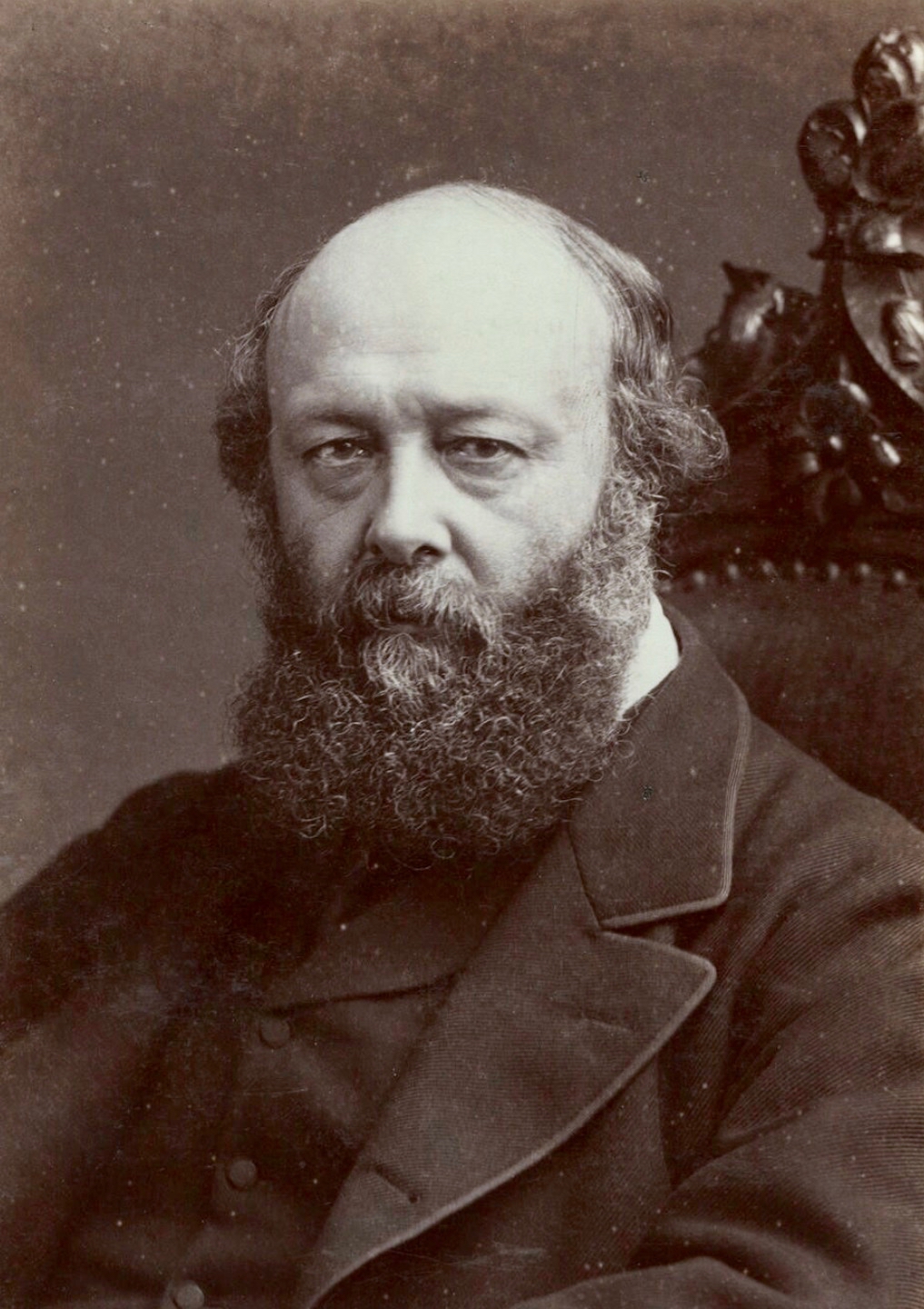

Country: England
Meaning: Used as encouragement. Means, “There you go!”
History: In 1887, Britain Prime Minister Robert Gascoyne-Cecil made his nephew, Arthur James Balfour, the Minister of Ireland. In a speech, Balfour referred to his “Uncle Bob” and the saying was born! It somehow stuck and is one of those local sayings still used to this day.
15. “It doesn’t rain on it”


Country: Italy
Meaning: No doubt about it. You won’t change my mind.
Context: Italians love to talk about the weather when making small talk. This is one of many local sayings that involve weather. Using this idiom means one is extremely confident in what they are saying and they cannot be swayed.
Are there any other local sayings from around the world that you know?
Suggested next reading: 5 Crazy & Delicious Foods I Tried While Traveling
